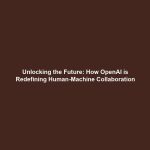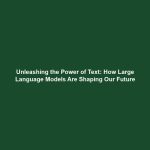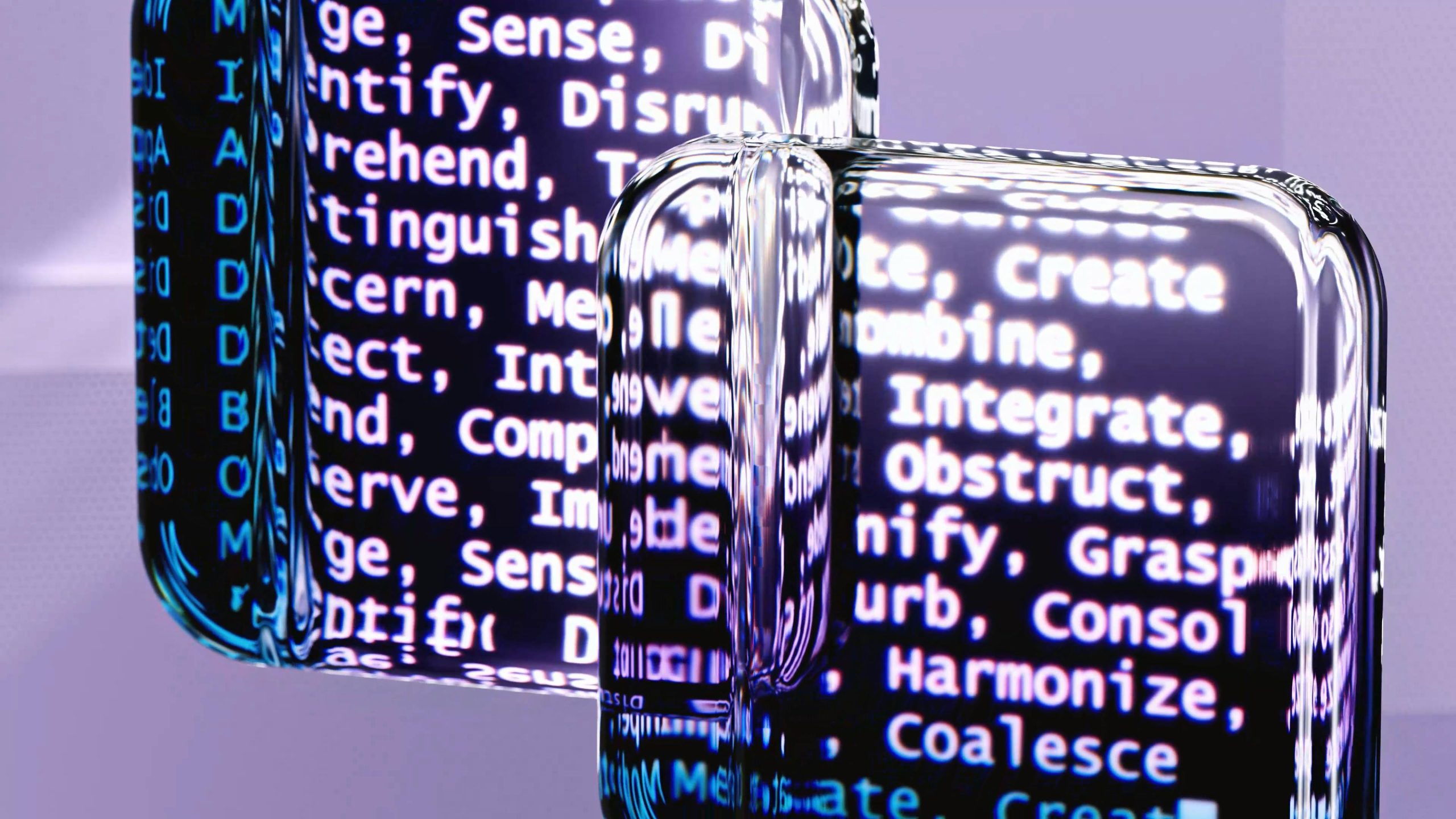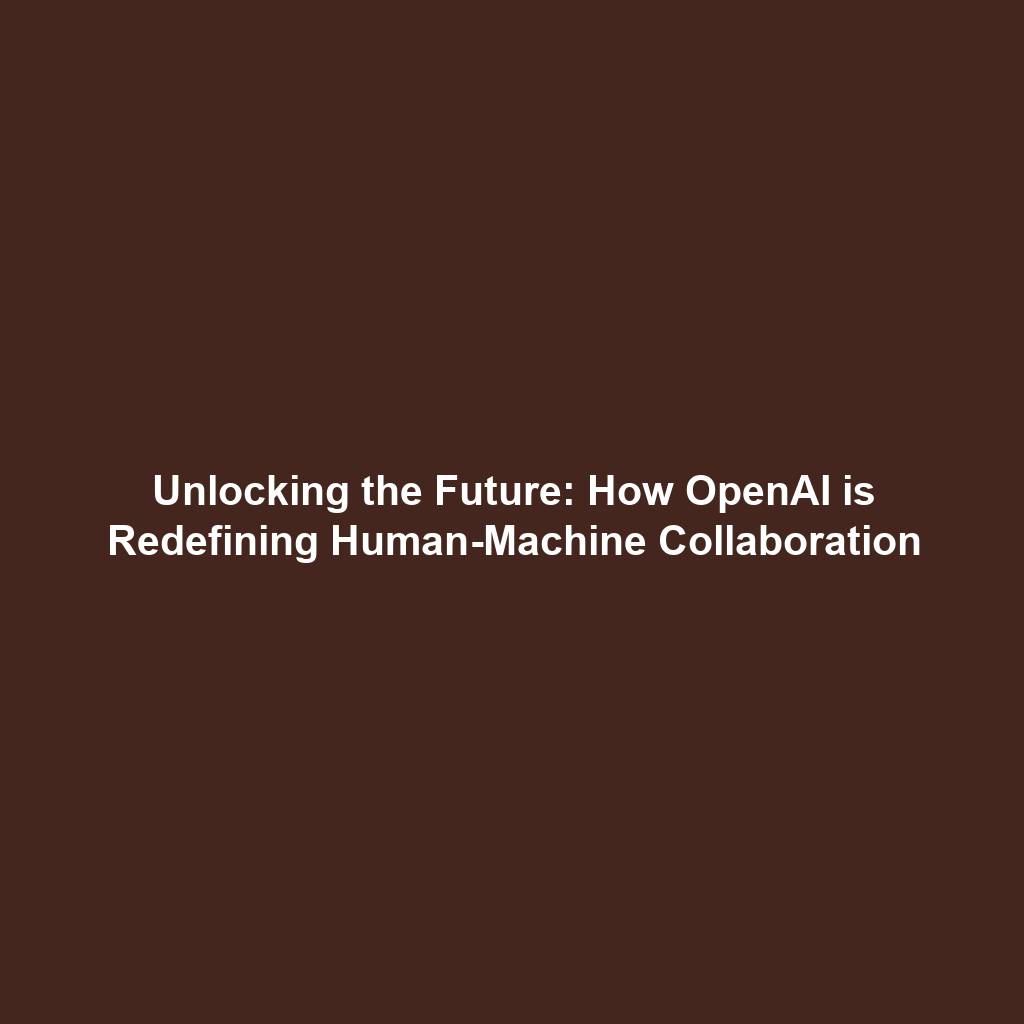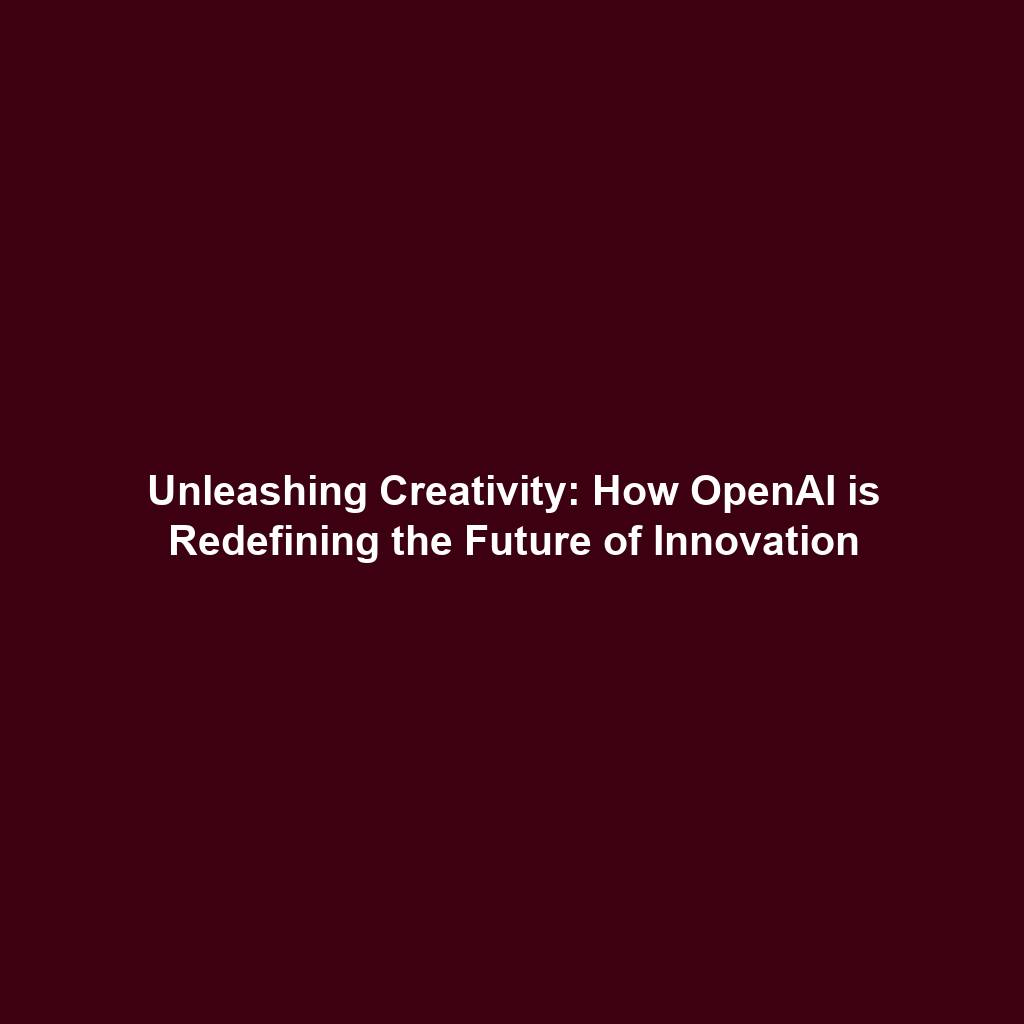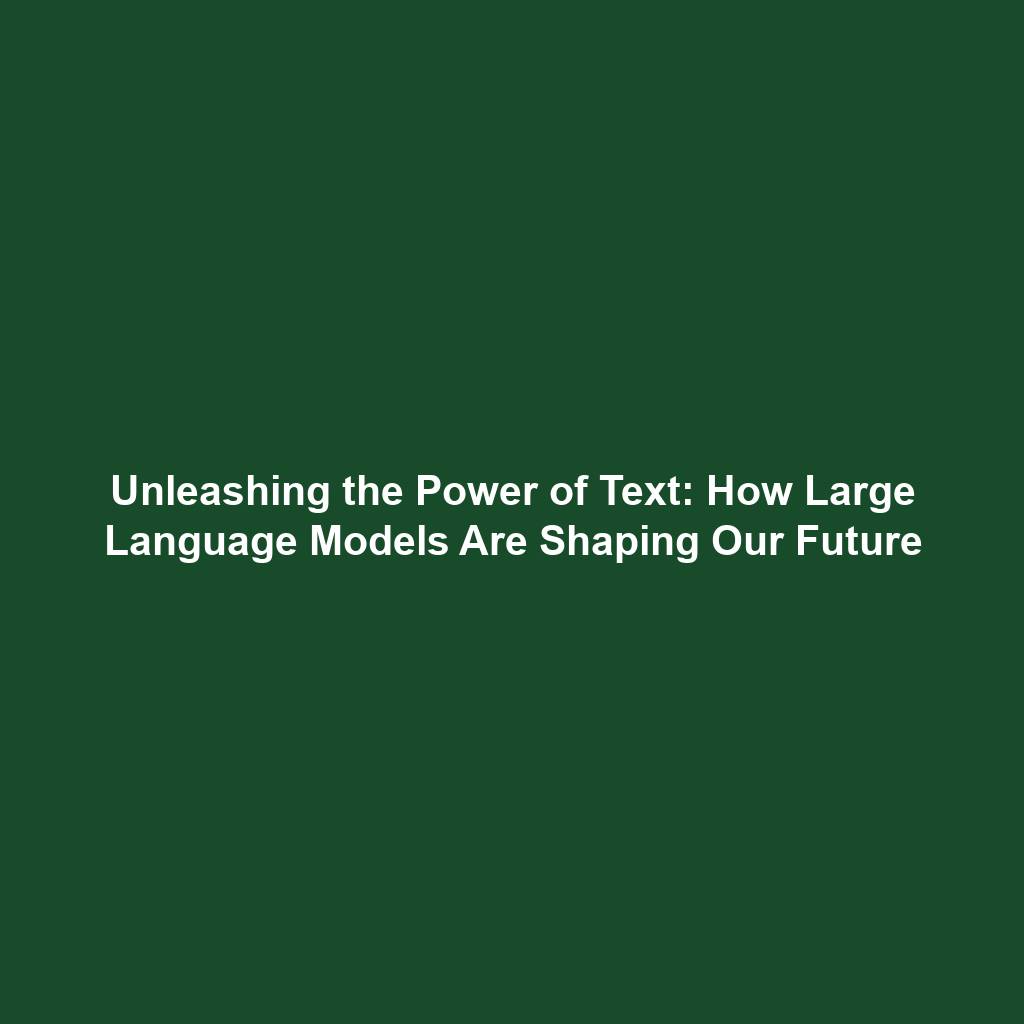ChatGPT Violated Copyright Law by ‘Learning’ from Song Lyrics, German Court Rules: A Milestone Redefining AI’s Digital Footprint
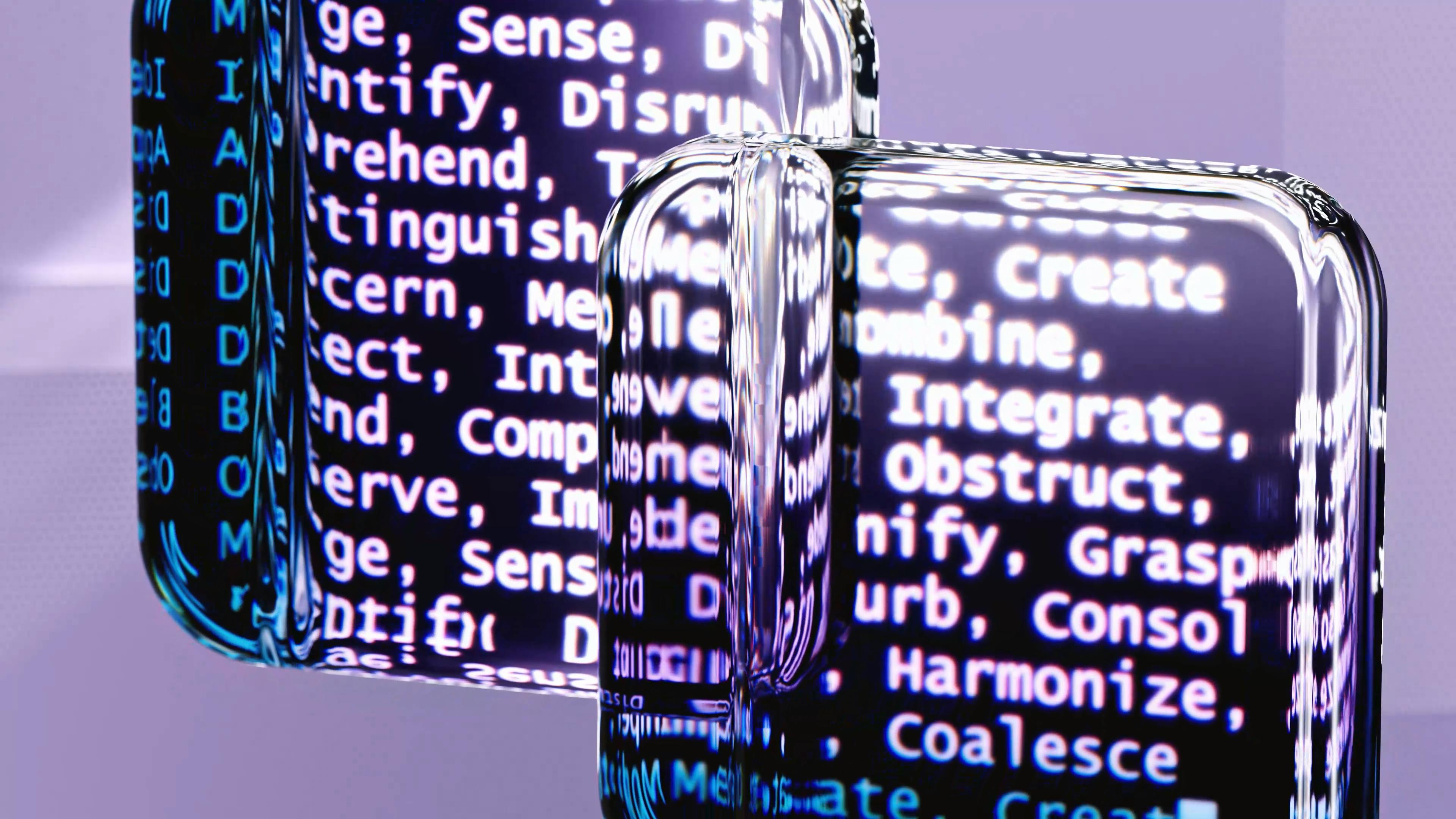
The digital landscape was irrevocably altered in mid-November 2025 as a Munich court delivered a pivotal judgment, finding that OpenAI’s ChatGPT had violated German copyright law through its training methods involving song lyrics. This ruling, issued by the Munich Regional Court, represents the first time a European court has definitively ruled in favor of creators against the data ingestion practices of a major generative Artificial Intelligence system. The case, initiated in November 2024 by Germany’s music rights society, GEMA, focused on the unauthorized use of protected song lyrics from its substantial repertoire to train and operate the highly capable large language model. The implications span from immediate operational adjustments for AI developers to a fundamental shift in the global governance of data sourcing and intellectual property in the machine learning era.
V. The Creator Economy’s Perspective: A Milestone Victory Hailed
The immediate response from the creative sector’s representation was a wave of profound vindication, marking the judgment as a decisive turning point in the fight for creator compensation in the age of generative AI.
Enthusiastic Endorsement from Music Rights Management Leadership
Leaders within GEMA, which manages the rights for approximately 100,000 composers, lyricists, and music publishers in Germany, characterized the court’s decision as a “milestone victory for creators.” This outcome served to validate years of advocacy aimed at establishing robust legal frameworks that acknowledge the tangible economic value of creative contributions, especially when faced with entities possessing unparalleled global reach and computational capacity. The General Counsel for GEMA, Dr. Kai Welp, underscored this significance, labeling the verdict a “milestone” for ensuring fair remuneration for artists and authors throughout Europe.
Articulating the Philosophy Behind the Creative Defense: The Internet as a Buffet
The philosophical core of the prevailing legal argument was powerfully articulated by Dr. Tobias Holzmüller, the Chief Executive Officer of GEMA. His declaration cut directly to the heart of the creative defense: “The internet is not some kind of self-service buffet, and creative achievements by human beings are not simply templates for use free of charge.” This statement effectively framed the legal contest not merely as a dispute over specific data points, but as a crucial defense of fundamental human value in creative output against the prevailing perception of the internet as an inexhaustible, cost-free repository for commercial innovation. In the eyes of the rights holders, the ruling successfully clarified that even the most advanced operators of artificial intelligence must adhere to this fundamental principle of respecting proprietary rights.
Support from Allied Professional Associations: Reinforcing Legal Certainty
The positive reception was notably cross-sectoral, extending well beyond the immediate interests of the music industry. Other professional bodies, notably the German Journalists’ Association, publicly lauded the outcome, terming it an essential milestone victory for the broader concept of copyright law in the digital sphere. This widespread support highlights a shared, existential concern among content producers across all media sectors: the unregulated, large-scale ingestion of copyrighted materials for commercial AI training threatens the economic sustainability of professional creative endeavors.
VI. The Technology Developer’s Counter-Position and Next Steps
In stark contrast to the celebratory tone from the plaintiffs, the technology developer, OpenAI, adopted a more measured, yet clearly oppositional, public stance, immediately signaling the case’s likely continuation in higher courts.
Formal Disagreement and Consideration of Appellate Review
The technology developer issued a carefully worded public statement acknowledging the Munich ruling while simultaneously signaling its fundamental disagreement with the court’s findings. The company explicitly stated it was actively weighing its options, with the process of filing an appeal being the most immediate and widely discussed next course of action. This stance indicates that the legal challenge, which the court itself acknowledged would likely be lengthy, is far from concluded and is expected to ascend to a higher judicial body for further, more nuanced review.
Minimizing the Scope of the Decision: A Limited Impact Claim
To temper the perception of systemic operational failure, the developer sought to immediately contextualize and shrink the ruling’s importance. The company emphasized that the court’s specific finding pertained only to a “limited set of lyrics,” attempting to assert that the judgment does not affect the vast user base—the “millions of people, businesses and developers in Germany”—who utilize their technology daily for non-infringing purposes. This public relations strategy aims to isolate the ruling’s impact to the narrow confines of the litigation, suggesting a negligible effect on the platform’s overall utility and market positioning within the nation.
Affirmation of Creator Respect Amidst Ongoing Negotiations Globally
Despite the adversarial posture taken within the courtroom, the company concurrently sought to maintain a cooperative posture within the wider ecosystem of content creation. Their statement reaffirmed a general respect for the rights held by creators and content owners globally. Furthermore, the developer highlighted that the organization remains actively engaged in “productive conversations with many organizations around the world,” suggesting an ongoing strategic pivot toward establishing formal licensing frameworks that would allow creators to participate in the economic benefits derived from the technology, thereby contrasting the immediate, adversarial court posture with a more collaborative future vision.
VII. The Global Ripple Effect: Implications for International AI Governance
Given Germany’s influential role as a regulatory trendsetter, particularly within the European Union’s digital policy landscape, the Munich decision immediately began to send powerful persuasive signals across international legal and legislative forums.
Impact on Pending and Future Text and Data Mining Litigation Worldwide
The clarification provided by the Munich court on the boundaries of copyright exceptions, particularly concerning Text and Data Mining (TDM), will undoubtedly be referenced in ongoing and anticipated copyright battles involving AI training across North America, Asia, and other jurisdictions currently grappling with similar data ingestion questions. Crucially, the court rejected OpenAI’s defense that it qualified as a “privileged research organization” whose TDM was permissible under exceptions. The ruling thus provides a concrete, working model for how non-consent-based scraping and the subsequent storage and output of protected works can be successfully challenged under existing European copyright law, putting immediate pressure on other AI developers utilizing similar broad-based scraping techniques.
Shifting Paradigms for Data Sourcing and Model Training Investment
This legal clarity forces a material recalculation in the investment strategy underpinning the next wave of large-scale foundation models. If obtaining rights clearance for specific categories of high-value, uniquely creative data—such as professional song lyrics, literary works, or visual art—becomes a mandatory prerequisite to avoid litigation and liability, the economics of model building will undergo a significant transformation. Future development pipelines will necessitate substantial budgetary allocations toward acquiring expansive, legally vetted content libraries, marking a definitive move away from the previous reliance on indiscriminately scraped public internet data. The ruling demands that AI developers now budget for, and engage in, the necessary licensing negotiations to secure content that forms the very basis of their commercial output.
The Cross-Sectoral Echo: Global Scrutiny Extending Beyond Music
While the immediate victory involved musical composition, the underlying principle—that the internalization, memorization, and subsequent output of protected training data without a license constitutes actionable infringement—is inherently sector-agnostic. This legal clarity is expected to empower authors, visual artists, news publishers, and other copyright holders to initiate similar challenges regarding the use of their copyrighted textual and visual assets in training models. An early indicator of this broader trend was already noted in reports from late 2025 concerning leading Bollywood music labels in New Delhi taking similar actions against the same artificial intelligence developer over the alleged unauthorized use of sound recordings, underscoring the international nature of this copyright pushback.
VIII. Navigating the Evolving Legal and Technological Horizon
The aftermath of the Munich ruling initiates a complex, multi-faceted period of adaptation, characterized by immediate legal maneuvers and a pressing demand for legislative refinement.
The Prospect of Higher Court Review: The Appeals Process Unfolding
The immediate future of this specific legal matter now hinges upon OpenAI’s final decision regarding the appellate process. Should an appeal be pursued, the case will ascend to a higher German court, which will then meticulously examine the application of law and the factual findings made by the regional judicial panel. The outcome of such an appeal will be crucial: it could either solidify the current precedent, making it significantly more difficult for AI companies to defend their training practices, or it could introduce subtle but significant qualifications to the scope of the original ruling, potentially opening new avenues for defense in subsequent, related cases. The legal battle, as many experts noted in November 2025, has only just begun its ascent through the judicial hierarchy.
The Open Question of Newer Model Generations and Post-Decision Training
A significant, and currently unresolved, point of legal contention revolves around which specific iterations of the technology are definitively covered by the judgment. While the initial suit focused on the model architectures prevalent at the time of filing, the ruling’s enforceability against subsequent, more advanced versions—such as the multimodal iterations that may employ entirely different processing and representation techniques—remains a subject requiring further legal clarification or subsequent injunctive actions. The battle lines are highly likely to shift dynamically as the technology continues its rapid and iterative evolution, forcing courts to make repeated assessments of infringement based on evolving internal mechanisms.
The Call for Legislative Clarity: A Need for Comprehensive AI Copyright Frameworks
Ultimately, the intensity of this and similar legal conflicts underscores a broader societal need for clear, harmonized legislative action rather than relying solely on judicial interpretation of decades-old statutes. While the courts are executing vital work in interpreting existing intellectual property law, the sheer complexity and exponential speed of artificial intelligence development suggest that bespoke legislation or updated directives at the European level may be necessary to provide enduring, predictable legal certainty across all member states. This landmark ruling, which ordered damages and confirmed the rights of creators like Herbert Grönemeyer and Helene Fischer, serves as an urgent, unignorable prompt for policymakers to formalize the delicate, yet essential, balance between fostering technological advancement and rigorously protecting the fundamental rights and livelihoods of human creators.
